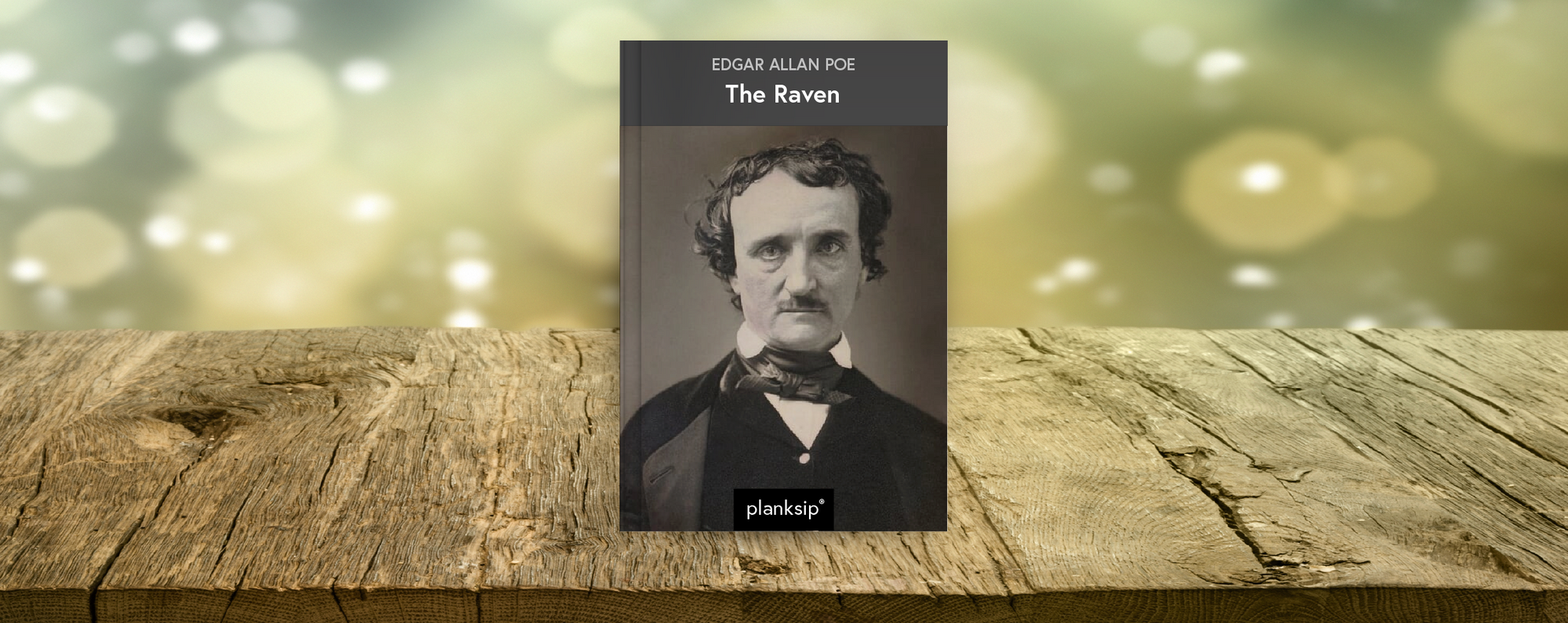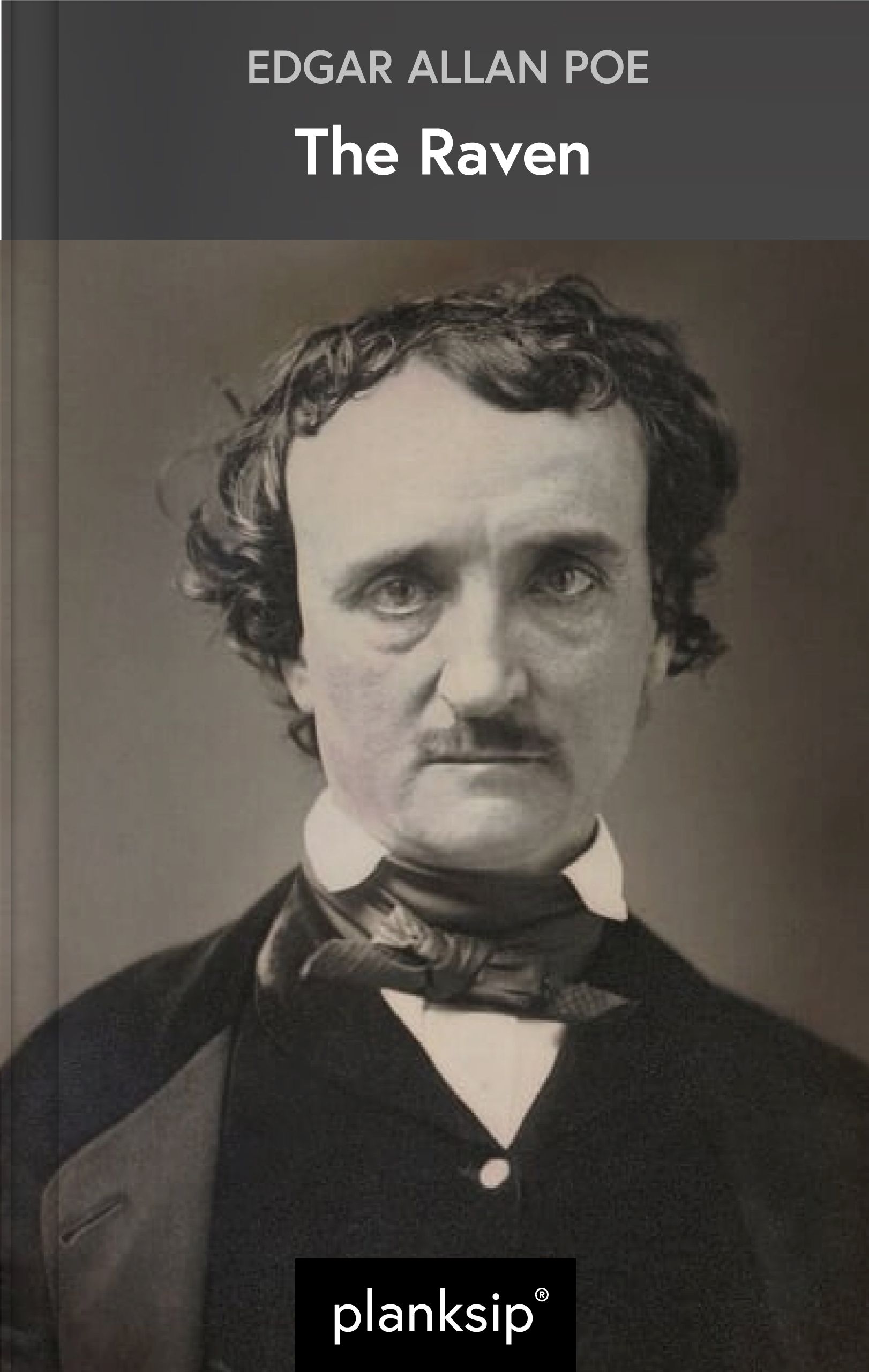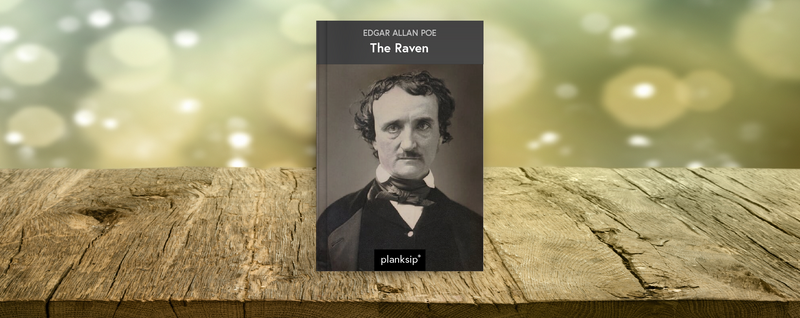A Critic's Meta Review 5/5

Nobody truly knows how much opium Edgar Allen Poe was on when he wrote The Raven. I would wager, though I am far from a betting man, that it must have been quite a substantial amount. This is because, to me, this poem sounds like the ravings of a doped up lunatic. That is not to say it is poorly written - quite to the contrary, in fact, as it is one of the best pieces of narrative poetry I have ever read in my life, and that is saying a lot. I mean, I read The Odyssey once. Okay, I skimmed The Odyssey and scribbled some annotations in the margins so my English teacher would think that I read it when in actuality I was playing NBA Street, Vol. 2 with my neighbor Amir and his little brother Andre. But I have studied Homer extensively in the years since.
Simpson.
D’oh!
Anyhoo, back to our pal Poe. This is, arguably, one of the most famous poems ever written. Its impact on popular culture knows no bounds. There is, of course, the 1935 film adaptation starring Bela Lugosi and Boris Karloff. Then, there is the 1963 comedic adaptation by Roger Corman, starring Vincent Price and (a much older) Boris Karloff. The Baltimore Ravens are named after it. The Grateful Dead tried to recreate it, complete with its mystical, ghastly aura during the “Drums-->Space” segment of their second set on April 19, 1982 at the Baltimore Civic Center.
So what gives? Why is everyone so in love with this thing? What is so special about The Raven? Tell me - tell me, I implore!
I think it is because we have all been there. We have all been driven crazy by love and love lost. We have all tried to hang our hopes up on some supposedly meaningful chance encounter that happens to occur in the period immediately following said loss, desperately prying for some significance behind it. And, alas, we have all been met with the cosmic indifference (to borrow from H.P. Lovecraft) of an uncaring, unyielding universe whose only response to our earnest entreaties, our impassioned pleas, our aching asks for answers to the quivering questions and tattered thoughts that trace the inner linings of our conscious, subconscious, and even (in many cases) unconscious minds is nothing but one fleeting word.
Quoth the raven: “Nevermore!”


